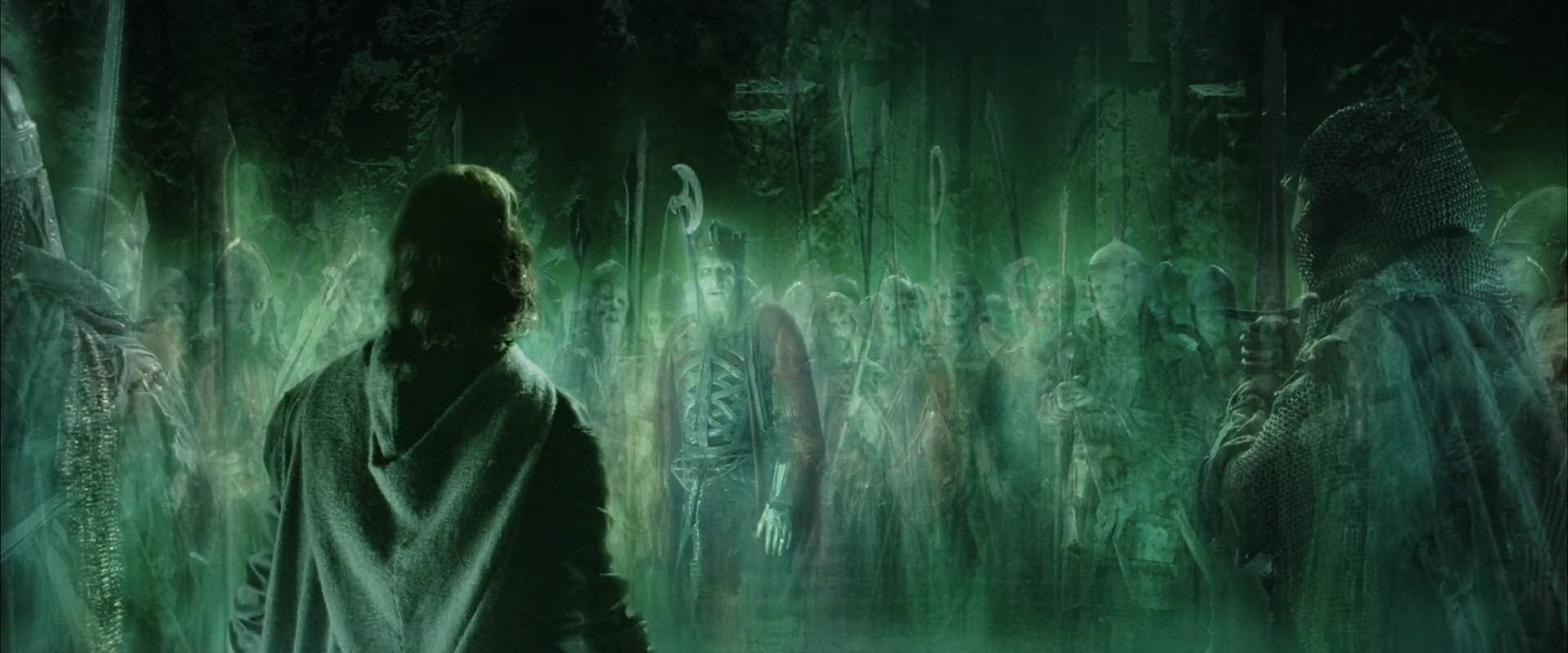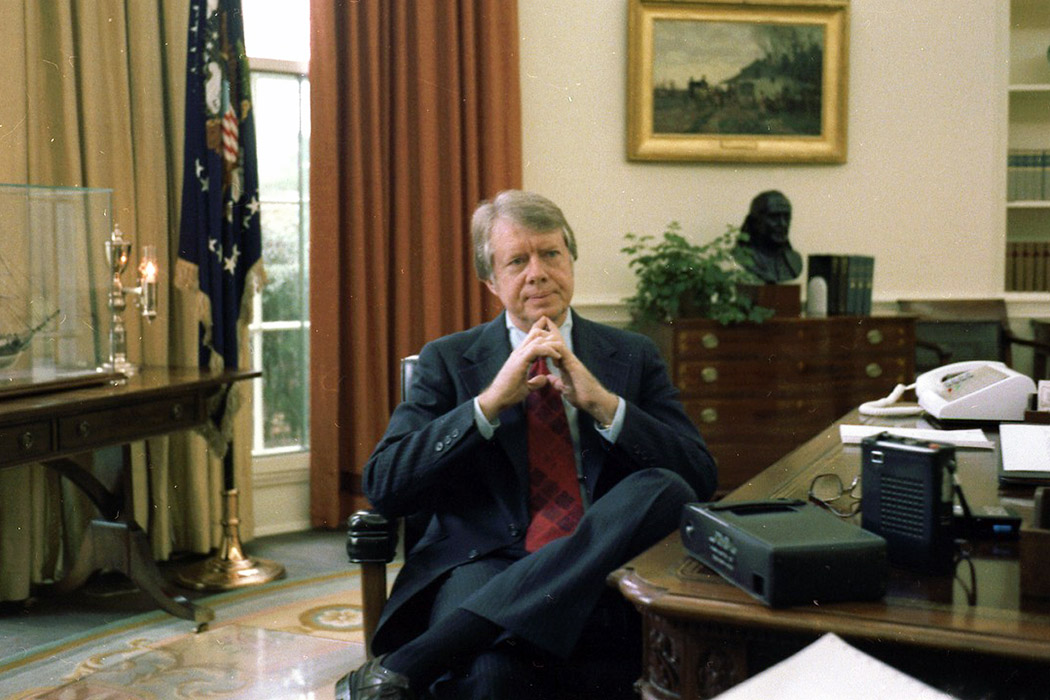 Linda Hobgood, Director of UR’s Speech Center, ran across this term recently and nominated it. And why am I using a scene from Peter Jackson’s film? Wait for it.
Linda Hobgood, Director of UR’s Speech Center, ran across this term recently and nominated it. And why am I using a scene from Peter Jackson’s film? Wait for it.
It has a legal sound, to my untrained ear. But that is merely one definition given by the OED. In fact, the term generally means to renounce. In the obsolete legal sense, it meant to leave a place, rather akin to renouncing one’s citizenship in the era before passports. Most all senses of the word are historical or obsolete, yet the word has a formal sensibility that merits its continuance.
One usage does remain current, for breaking an oath. In J.R.R. Tolkien’s history of Middle Earth, I first learned the term “oathbreaker,” back when I was a teen. These poor fellows vowed to defend a kingdom against evil, and yet abjured their vows. They were cursed to become the living dead, until another king would call upon them to fulfill their oaths.
That’s rough justice. As for our word?
Let’s abjure abjuring abjure, and bring it back into our formal use.
Image of Aragorn calling upon the Oathbreakers of Middle Earth, courtesy of The Lord of the Ring Wiki.


